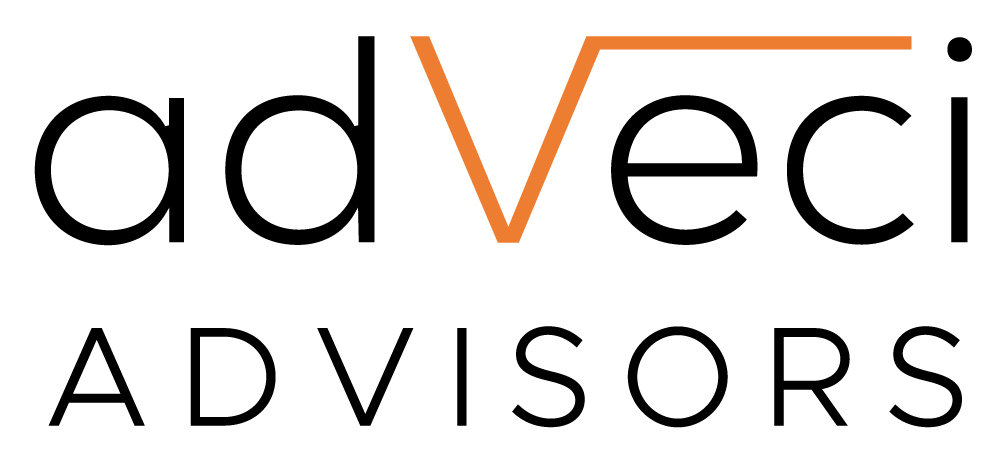Corporate academies as we know them or fantasize about them, have become a mainstream concept since the cinematic chef d’oeuvre “Police Academy” has forced Europeans, in 1984, to give up the belief that there were two separate worlds on this planet. One world of business: creative, fast-paced, down to earth and furiously eager to make money. And one world of academia: scientific, arduous, bright, but often on a tight budget and desperately remote from business reality. To compensate for this real or imaginary gap, depending on the optics you choose, corporations have made it a marquee issue to have their own “academies”. Over time the word has lost the values it stood for in its academic acceptance altogether. Is there anything academic left in a corporate academy?
The perfect old-school company academy would wrap itself in a fancy architectural shape, velvety auditoriums would lend it patina and boost its employer brand, and a faculty of clever senior people would thunder down the truth about their business to the next generation of equally smart junior professionals – at the same time sanctimoniously making sure all their ducks stayed in corporate line.
This venture had its benefits, but it came at a hefty fixed and recurring cost point. Today work has changed. Technology has changed. Companies have changed. People have changed. This is why rushing into the build of a proprietary academy on yesterday’s model may not be a good idea. Why not box the car and assess a few checkpoints first?
The work environment has changed
Teams, Zoom, WebEx, Skype et alia won’t go away with Covid.
As people have learned to work remotely, they have learned to learn remotely. Covid has clearly accelerated the trend for offcampus and networked learning, which technology had enabled before the crisis. But while the platforms and tools existed before Covid, the pandemic has demonstrated on a large scale that professional learning on electronic platforms, sometimes without human intervention, is actually a viable learning model.
Knowledge is everywhere
The rise of MOOCs has confirmed that large chunks of professional knowledge are readily accessible to anyone at a low cost. MOOCs have given “YouTube learning” the credibility and the packaging it lacked and have shaken the market. Unless their hubris is pushing them to erect a corporate mausoleum, why would anyone want to build or buy knowledge about languages, finance or leadership? It is available anywhere, 24/7, at a decent quality level and at a low cost.
Business expectations have changed
Companies that allow their new hires or new managers to take the time to learn their job over, say a one or two-year period, have become a rare species. There are some birds left in this garden – eg, hand-made luxury goods manufacturers. But most corporations today have compressed their learning curves. Ideal new joiners have a short ramp-up period, and ideal new managers… have been managing before they were actually appointed. In order to cater for this shorter learning curves, companies need to provide an agile operating model for learning, that brings employees up to speed quickly. In many professions this may mean speed over perfection, actionability over excellence.
Employee behaviour has changed
We mentioned “YouTube learning” before: for many employees social platforms or networks, and clearly Google, are the go-to address for a fast shot of knowledge. It has become a challenge for companies to teach employees something they do not already know or isn’t readily accessible outside their company. Arguably, the paradigm has shifted from “teaching” to providing a meaningful and pleasant learning experience, which contributes to employee motivation and retention. It doesn’t really matter whether the learning operating model is blended or not. What matters today is: how fast are employees learning, are they learning the right things, and how much do they enjoy it.







